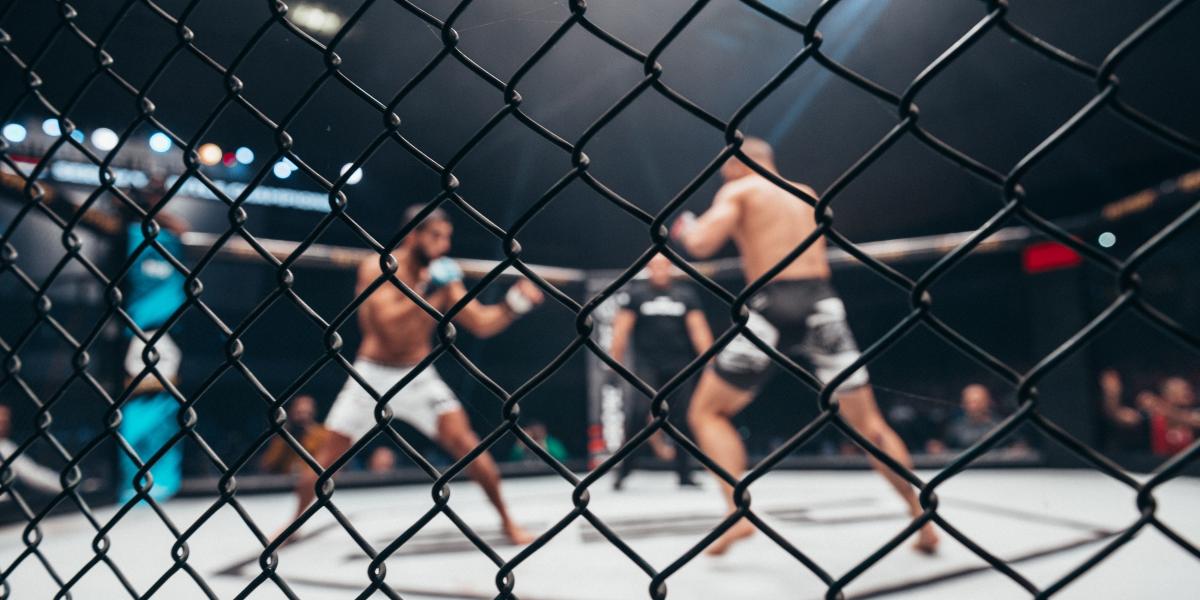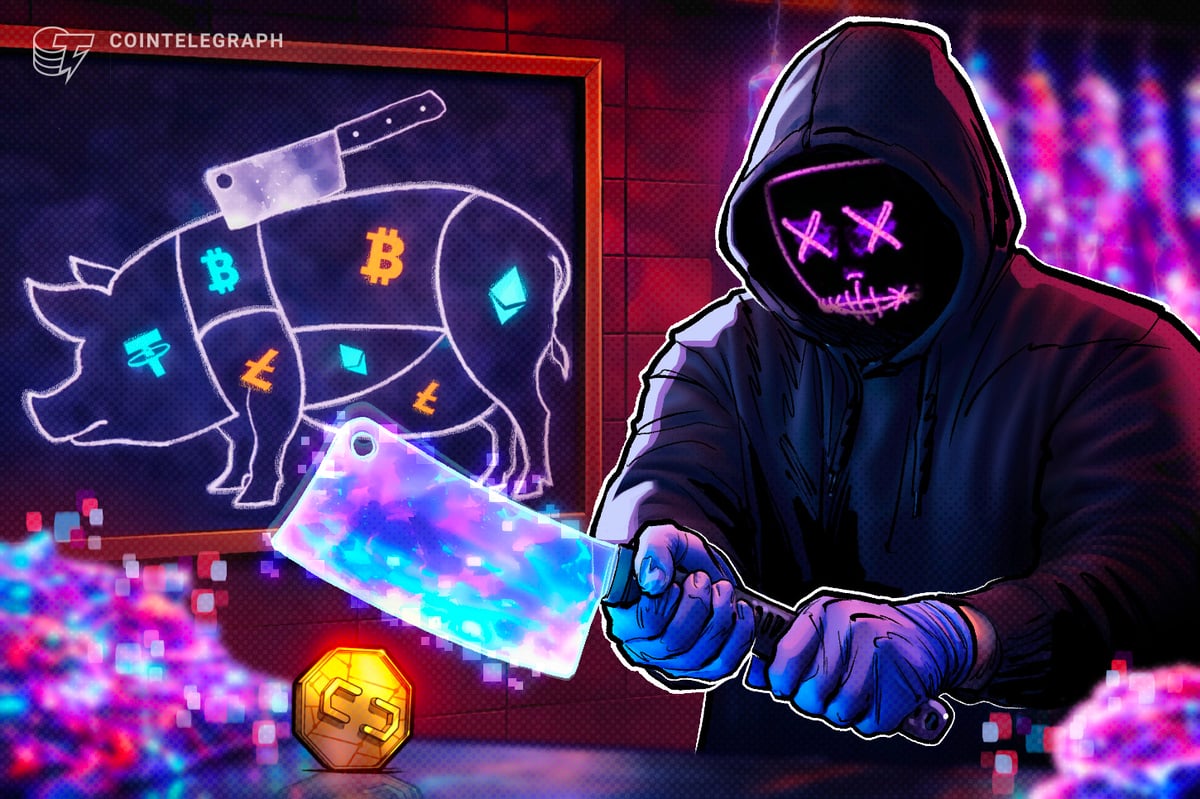“I’d probably be cooking meth if I wasn’t a UFC fighter.”—Sean Strickland, UFC fighter and former middleweight champion
“You have to be objective about your skills and abilities to compete in [martial arts].”—Joe Rogan
People have the right to defend themselves. That claim isn’t especially controversial. What is less obvious is that people also need to know how to defend themselves. And in a world saturated with fake martial arts and ineffective self-defense techniques, gaining that knowledge is harder than it sounds.
The problem is what I call the know-how problem: even if you have a moral right to bodily self-defense, actually exercising that right is hard, because it requires sorting through a flood of bad information, dangerous pseudo-skills, and psychological snake oil. Think of it this way: having a right to defend yourself is one thing, but if the only tools available are fake, that right becomes practically empty.
Years ago, I was riding in a car with my cousin, a black belt in Kempo. He got into a road rage confrontation and—to put it politely—got his butt kicked by someone who had zero formal training. His martial arts background gave him false confidence. And that made things worse. He lost the fight badly.
This isn’t an isolated case. It is systemic. The martial arts world is full of fakes—teachers who sell ritual as skill, flash as function, illusion as knowledge. These schools offer little more than a dangerous false sense of security. In this way, the problem of self-defense isn’t just a physical problem. It is an epistemic one. And the best (if imperfect) solution we have to this problem is mixed martial arts (MMA).
The Right to Self-Defense Entails the Right to Know-How
Rights are rarely self-sufficient. They often require supporting conditions to be meaningfully exercised. As philosopher Samuel Wheeler once argued, many basic rights depend on what he called auxiliary rights—secondary rights that enable the core right to function. For example, having a right to free speech means little if you’re denied access to the internet or printing presses. A right you cannot use isn’t much of a right at all.
So too with self-defense. The moral right to protect yourself only matters if you also have access to the tools, techniques, and knowledge that make that right real. Otherwise, they are empty words. And that is where MMA enters the picture—not just as a sport, but as part of what I call the epistemic economy of self-defense.
The idea is simple: MMA—whether practiced in gyms or performed in professional fights—serves as a distributed knowledge system. It separates what works from what doesn’t through one of the oldest and most brutal feedback mechanisms we have: violence and techniques that are hard to fake. Techniques that succeed survive; failed techniques vanish.
This is one of MMA’s unspoken virtues: it is epistemically honest. And that honesty can enable one to defend themselves better.
Hard-to-Fake Signals and Combat Truths
Much of what we know—especially about others—comes from signals. In both evolutionary biology and economics, signaling theory explains how certain behaviors or traits reveal hidden information because they are hard to fake. A peacock’s tail, for example, is costly and conspicuous. It works as a signal of fitness precisely because it’s hard to maintain.
The same holds true for martial arts. The ability to knock someone out or submit them under pressure is a hard-to-fake signal. You either have it, or you don’t. And in MMA, the environment is adversarial enough to sort signal from noise. In the Octagon, you can’t fake a takedown, a punch, or a choke. You either perform or you get hurt.
This is why MMA is such a powerful epistemic filter. It reveals, over time, which techniques and strategies actually work under duress. And the more data we have—across gyms, fights, and training camps—the more refined those signals become. As information theorists Shannon and Weaver argued, redundancy helps reduce uncertainty. And over time, MMA creates that redundancy, match by match.
Of course, athleticism is a confound. Not every technique that succeeds at the elite level will work for everyone. But the signal remains: if a move never shows up in pro fights, or always fails when resisted, it probably doesn’t work. MMA provides an evolutionary environment where only effective techniques survive. Even commentators from adjacent sports are starting to acknowledge this. Longtime boxing analyst Max Kellerman conceded:
The rise of the UFC and MMA means that the [boxing] heavyweight champion… is no longer the baddest man on the planet, because in an actual fight, he’d lose to whoever is the best mixed martial artist.
MMA is a closer approximation of a real fight that much of what is available in mainstream sports.
The Proof-of-Concept Principle
Engineers often build proof-of-concept prototypes to show that a design works in practice, not just on paper. Something similar happens in MMA. Many martial arts look impressive in controlled environments: dojo demonstrations, staged drills, choreographed routines. But under real conditions, those techniques fall apart.
MMA functions as a proof-of-concept system. It reveals, under pressure, what holds up and what doesn’t. And not just at the level of style (e.g., wrestling vs. karate), but at the level of individual adaptation. In other words, there are two levels of proof-of-concept:
Technique-Level: What consistently works in real fights at level of technique across many different fighters?Personal-Level: What works for you—given your body type, reflexes, temperament—with regard to many techniques and styles?
As UFC President Dana White once put it, quoting Bruce Lee: “The perfect style was no style. You take the good things from every discipline, use what works, and throw the rest away.” That’s what MMA does. It throws away what doesn’t work. That honesty is epistemic and addresses the sorting problem, not perfectly, but better than many of the alternatives.
The Epistemic Economy of Self-Defense
If that all sounds vaguely Hayekian, it should. Just as markets distribute economic knowledge through prices, MMA distributes self-defense knowledge through fights, failures, and pain.
Friedrich Hayek argued that “the knowledge of the circumstances of which we must make use never exists in concentrated or integrated form.” The same holds true for fighting. No single fighter or instructor knows the perfect self-defense system. That knowledge is distributed—across gyms, fighters, disciplines, and generations.
This decentralized epistemic system is what I call the epistemic economy of self-defense (EESD). It’s a living, evolving process of knowledge production—one that relies on incentives like money, honor, reputation, and even fear. And crucially, it operates with very little central control. That is what makes it robust and powerful as a source of self-defense knowledge.
As Hrishikesh Joshi writes, “What we are able to know is inextricably tied to…the epistemic commons.” That commons includes coaches, gyms, sparring partners, online breakdowns, and even bloody fights. And, like any distributed system, it works best when it is allowed to evolve freely. To curtail that system—whether through paternalistic regulation or moral disgust—is to cut off the very process that allows laypeople to learn how to defend themselves.
Objections Answered
Objection 1: “Professional fighters aren’t like normal people.”
That is true. But they don’t need to be. They aren’t meant to be role models in the moral sense. They’re proof-of-concept machines. They reveal what techniques work when tested against skilled resistance. You don’t have to be Jon Jones or Conor McGregor to benefit from the knowledge that their fights generate.
Objection 2: “We already have a video archive of fights. Why keep risking injury?”
This misunderstands how knowledge works. Self-defense knowledge—like medicine or science—is dynamic; techniques evolve, fighters innovate, new styles emerge. MMA gyms, as one commentator put it, are “combat laboratories.” Shutting them down because we have old footage is like shutting down medical research because we have textbooks.
Objection 3: “MMA is too dangerous and exploitative.”
The risks are real. Repeated head trauma can have devastating effects. And the financial incentives can pressure some fighters into brutal careers. But banning MMA wouldn’t fix these problems—it would make them worse. It would rob fighters of one of the few paths to upward mobility they have. As philosopher Matt Zwolinski noted in another context, removing morally imperfect options often leaves people with worse ones.
And finally, the Kantian worry—that fighters treat each other as “mere means”—collapses under scrutiny. MMA fighters often train together, respect each other, and view their bouts, not as assaults, but as tests of character and skill. Their agency, their dignity, and their dreams are real—even if others can’t understand them.
Conclusion—MMA and Self-Defense
Mixed martial arts is a brutal, imperfect, occasionally ugly sport. But it’s also one of the most honest epistemic systems we have. In a world full of fake martial arts, and bureaucratic gatekeeping, MMA provides a decentralized, pain-tested, radically empirical way to learn what actually works in physical self-defense.
That knowledge isn’t just a luxury; it is a moral right. If the right to self-defense means anything, it must include the right to access the knowledge and training that make that defense possible.



























